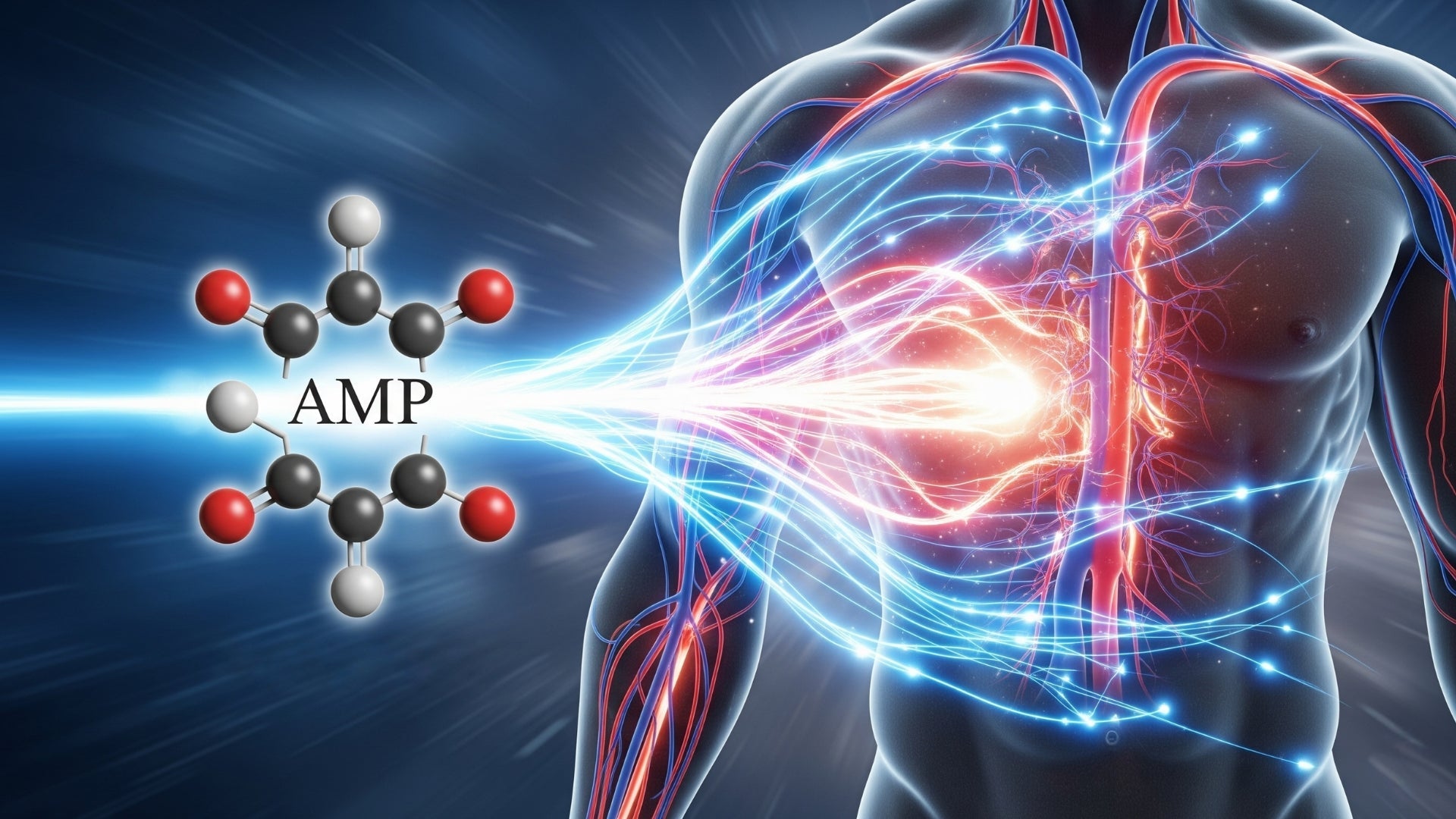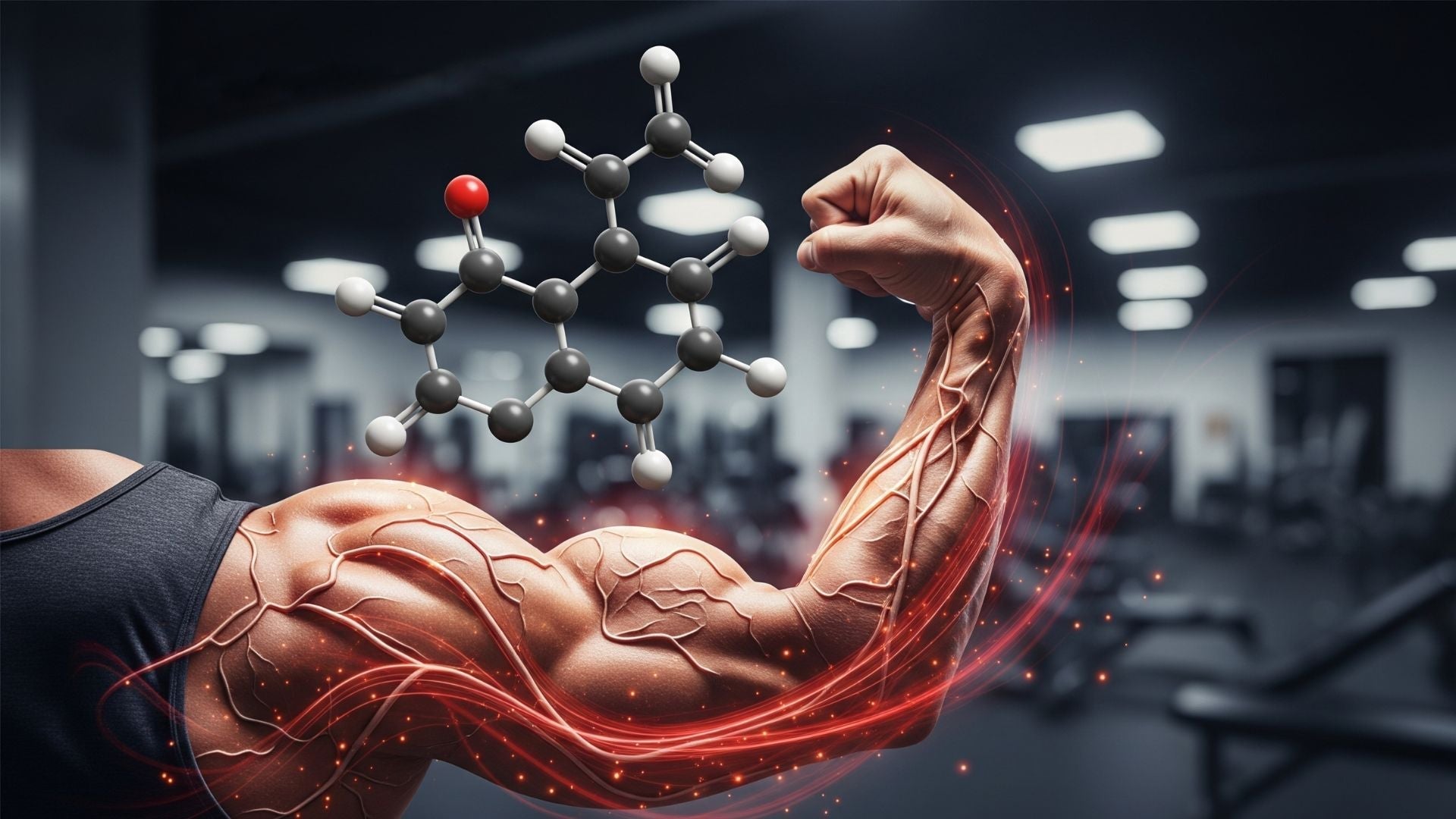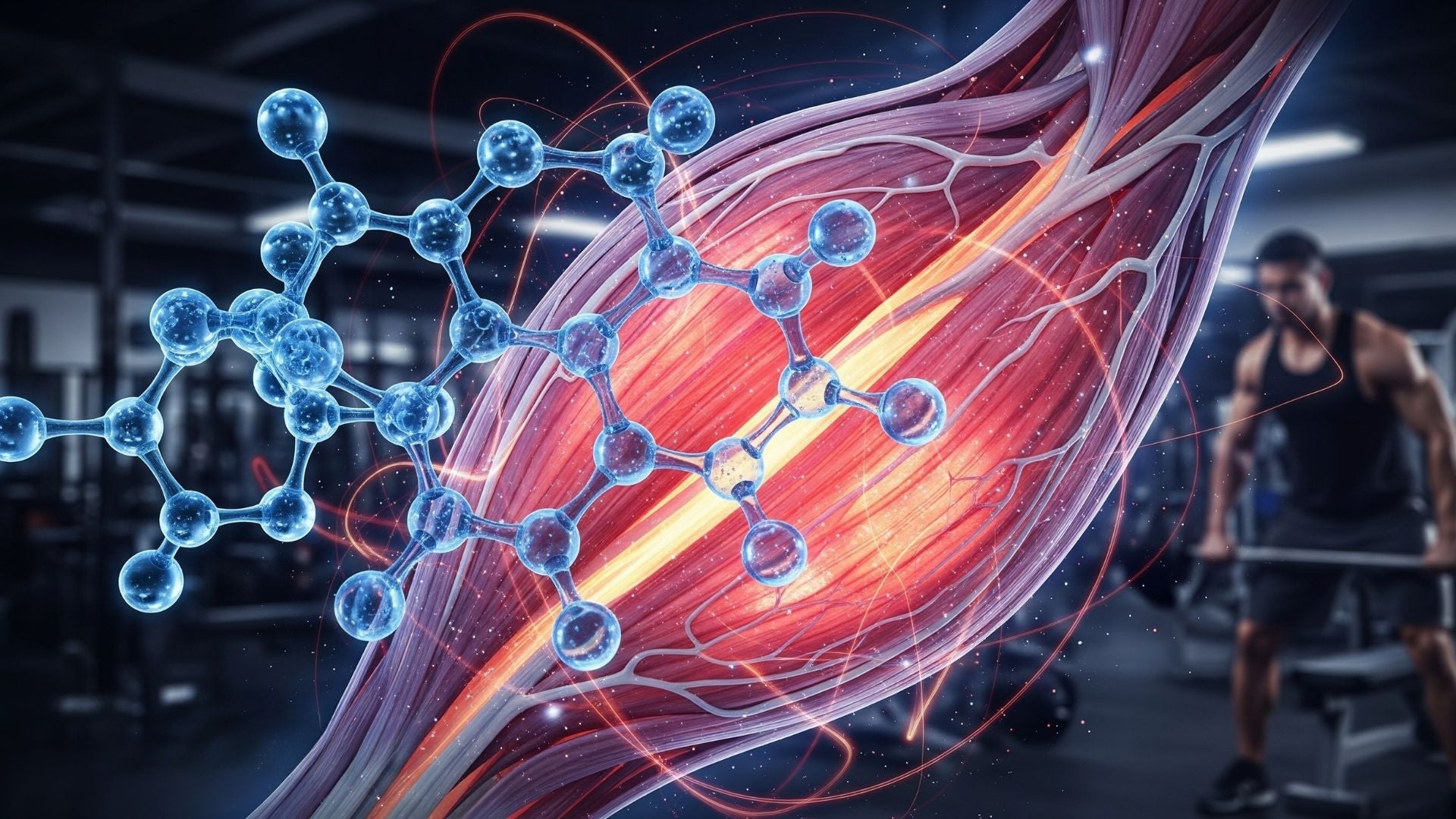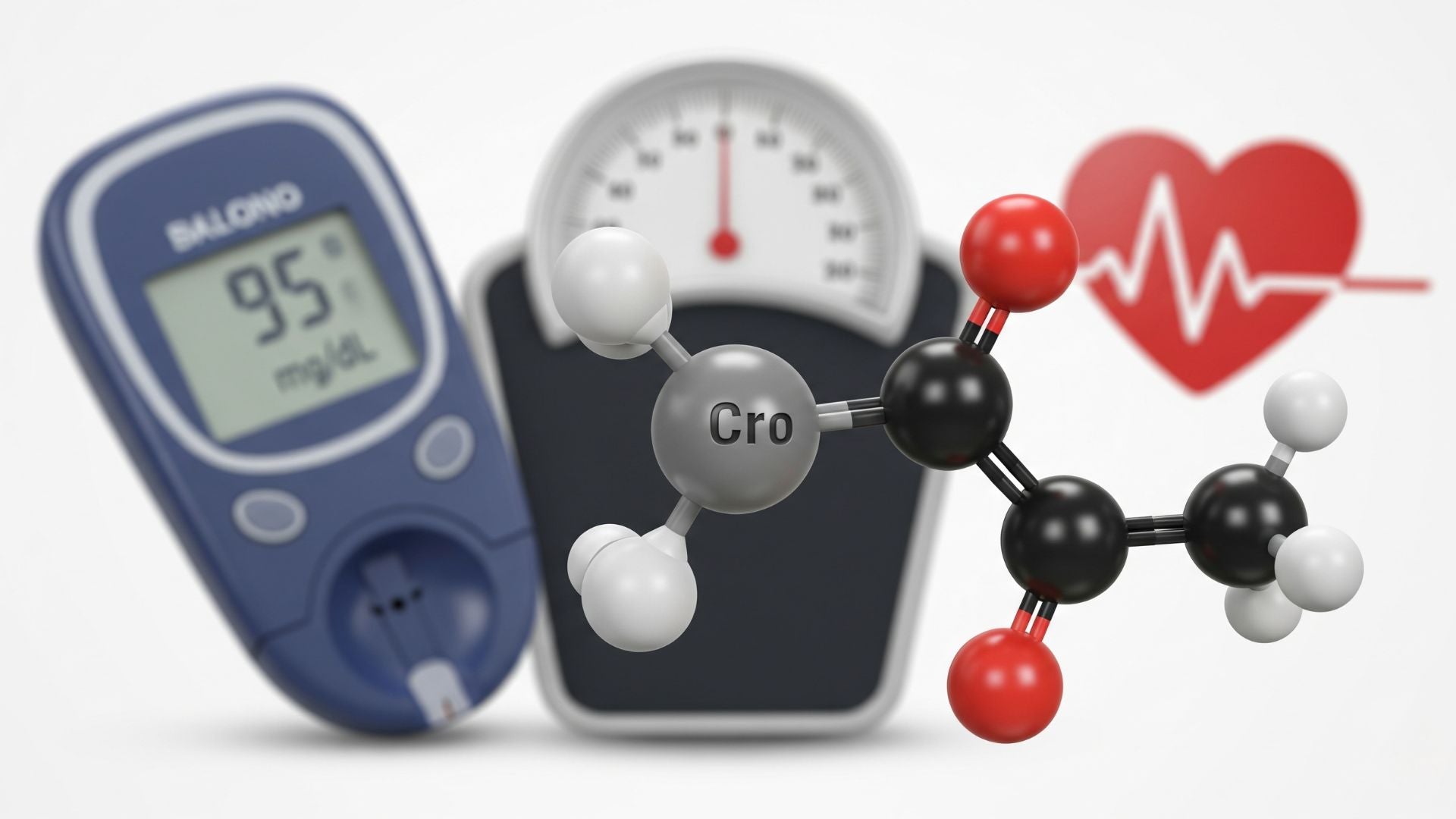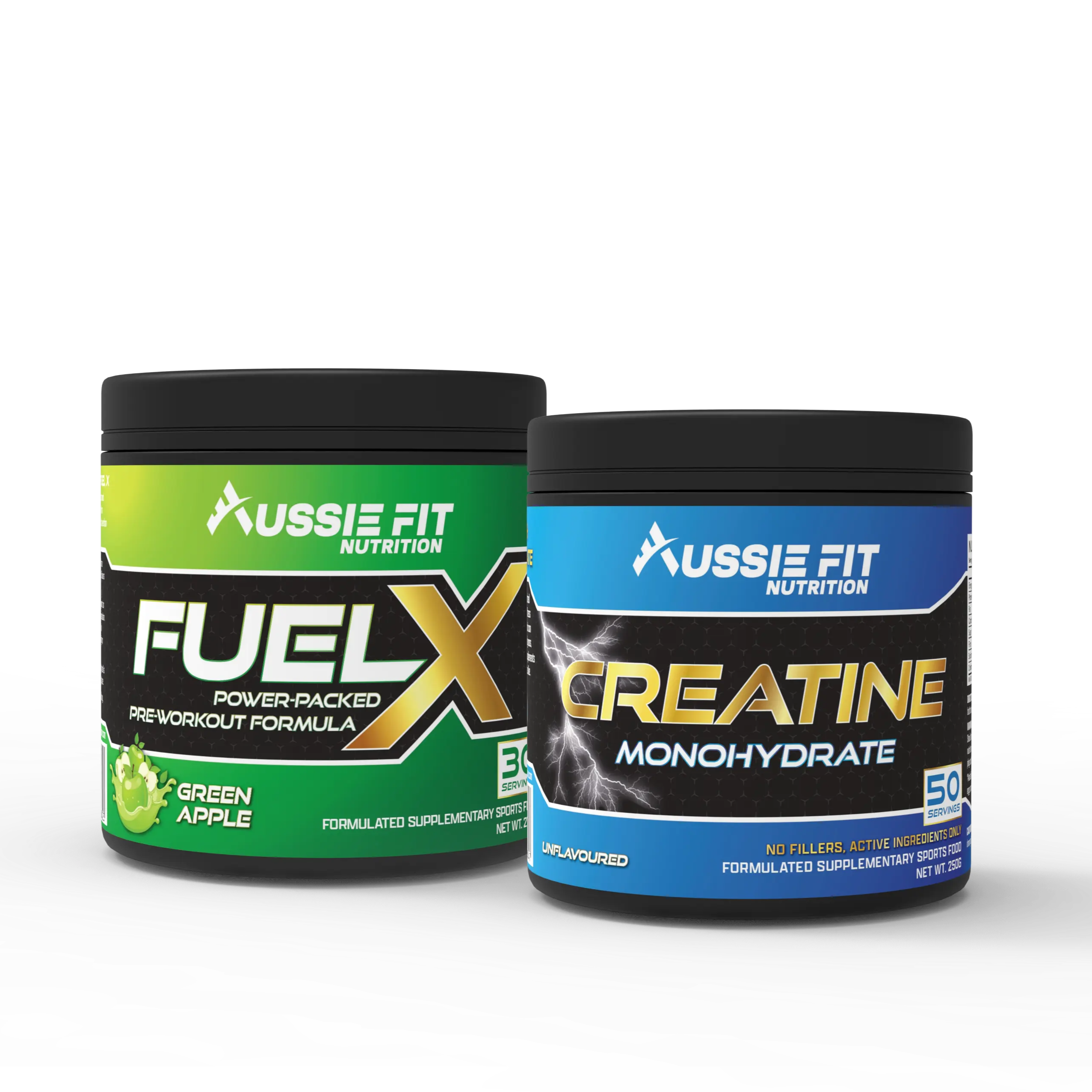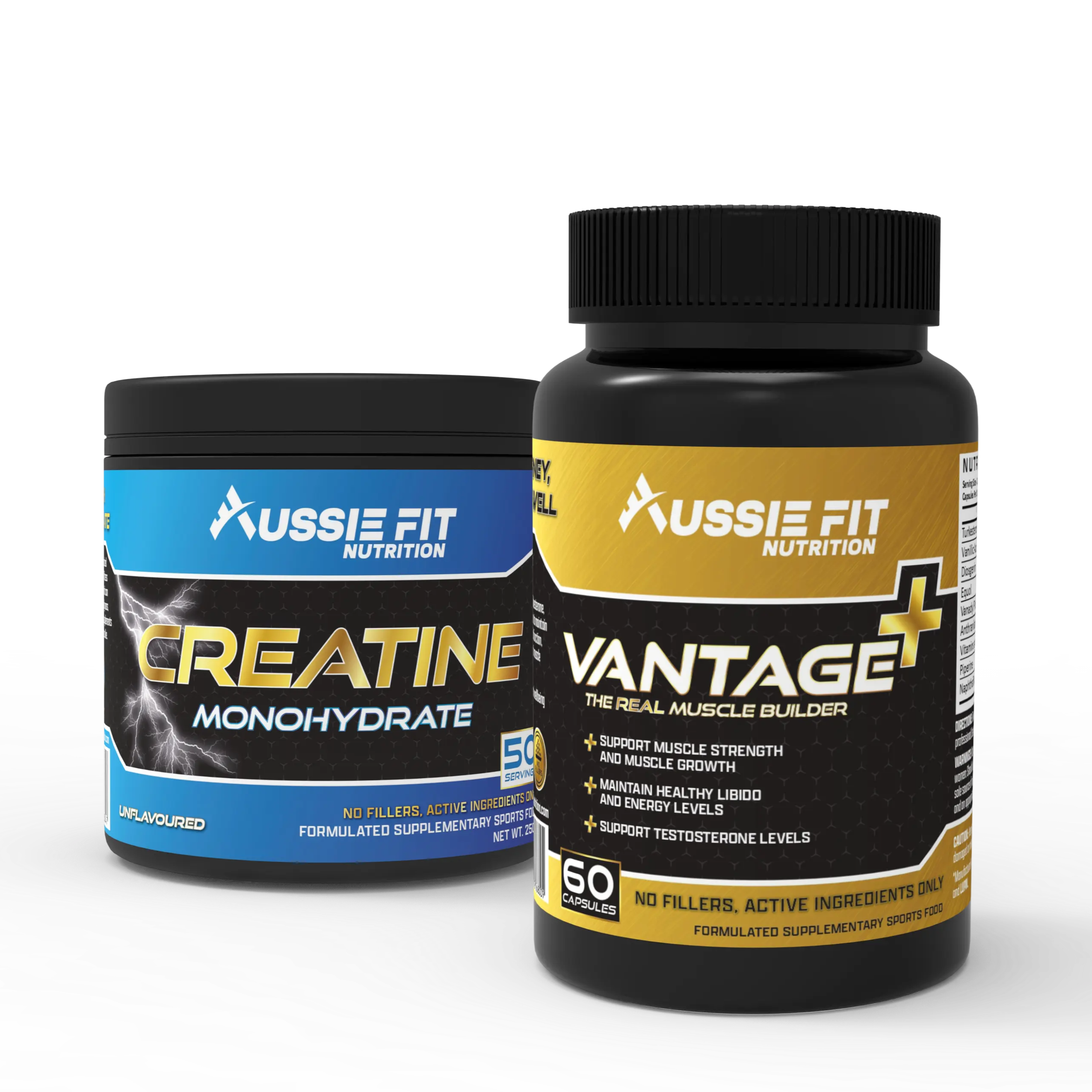Creatine Monohydrate: Benefits, Uses, and More
- by My Store Admin
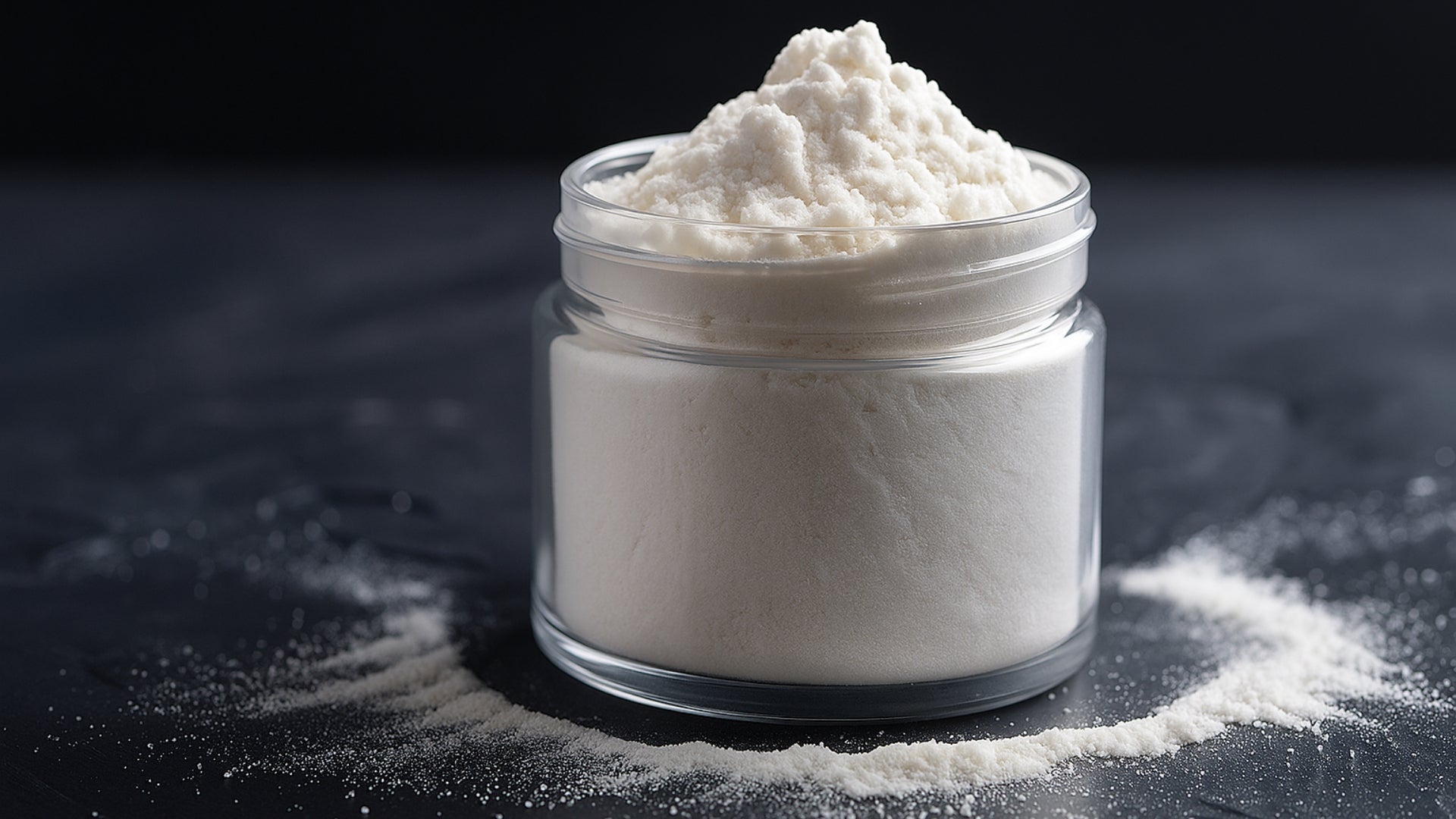
What is Creatine Monohydrate
Creatine Monohydrate is a naturally occurring compound that plays a vital role in energy production within the body. It is found in small amounts in foods such as red meat, poultry, and fish, and it is also synthesized internally in the liver, kidneys, and pancreas. For the average person, dietary intake and natural production provide a baseline level of creatine, but for athletes and individuals engaged in intense physical activity, supplementation can make a significant difference. Creatine is stored in the muscles primarily in the form of phosphocreatine, where it acts as a reservoir of energy that can be rapidly tapped into during moments of high exertion. By taking Creatine Monohydrate as a supplement, individuals can increase the amount of stored phosphocreatine in the muscle tissue, creating a greater capacity for quick energy release. This makes it one of the most researched and trusted supplements in the fitness and sports nutrition industry, recognized not just for its performance-enhancing potential but also for its safety and consistency in results.
How Creatine Monohydrate Works
To understand how Creatine Monohydrate functions, it is important to look at the body’s energy system during exercise. The primary energy molecule that fuels muscular contractions is adenosine triphosphate, commonly known as ATP. During activities such as sprinting, heavy lifting, or explosive sports movements, ATP is used up rapidly and the body has limited stores of it. Once ATP is depleted, performance declines quickly, leading to fatigue and reduced power output. Creatine Monohydrate increases the stores of phosphocreatine in the muscles, which can then be used to regenerate ATP at a faster rate. This means the body is able to sustain bursts of high-intensity activity for longer durations. For example, an athlete supplementing with Creatine Monohydrate may be able to push out extra repetitions in the gym, sprint harder in the final stretch of a race, or recover faster between sets. Beyond strength and power training, research has also suggested that creatine plays a role in protecting muscle cells from oxidative stress and supporting cellular hydration, both of which contribute to improved endurance and recovery.
Key Benefits of Creatine Monohydrate
Creatine monohydrate offers a wide range of proven benefits that make it one of the most trusted supplements in the fitness industry:
- Increases Strength and Power: Enhances the ability to perform high-intensity movements by replenishing ATP quickly.
- Boosts Muscle Growth: Promotes increased muscle size through improved training capacity and enhanced water retention in muscle cells.
- Improves Endurance: Helps delay fatigue, allowing athletes to train longer and more effectively.
- Supports Faster Recovery: Reduces muscle soreness and speeds up recovery between workouts.
- Enhances Cognitive Performance: Studies indicate creatine may improve memory, focus, and mental clarity.
- Safe and Effective: With decades of research, creatine monohydrate is considered one of the safest and most reliable supplements for long-term use.
Possible Side Effects of Creatine Monohydrate
When taken at the recommended dosage, Creatine Monohydrate is considered very safe and well tolerated by most people. However, like any supplement, there can be minor side effects depending on individual sensitivity. The most common experience is water retention, which happens because creatine pulls more water into the muscle cells, creating a fuller and more hydrated look. While some athletes see this as a positive, others may notice mild bloating or puffiness, particularly during the initial loading phase when creatine intake is higher. Digestive discomfort such as stomach cramps, nausea, or diarrhea may also occur in some users if large doses are consumed at once, but this can usually be avoided by dividing the intake into smaller servings throughout the day and ensuring adequate hydration. Concerns about kidney or liver damage have been raised in the past, but extensive long-term research has shown no harmful effects in healthy individuals. People with pre-existing kidney or liver conditions, however, should consult a healthcare professional before starting supplementation. In general, the side effects of Creatine Monohydrate are mild, temporary, and easily manageable, which is why it remains one of the safest and most trusted supplements on the market.
- Posted in:
- IG






